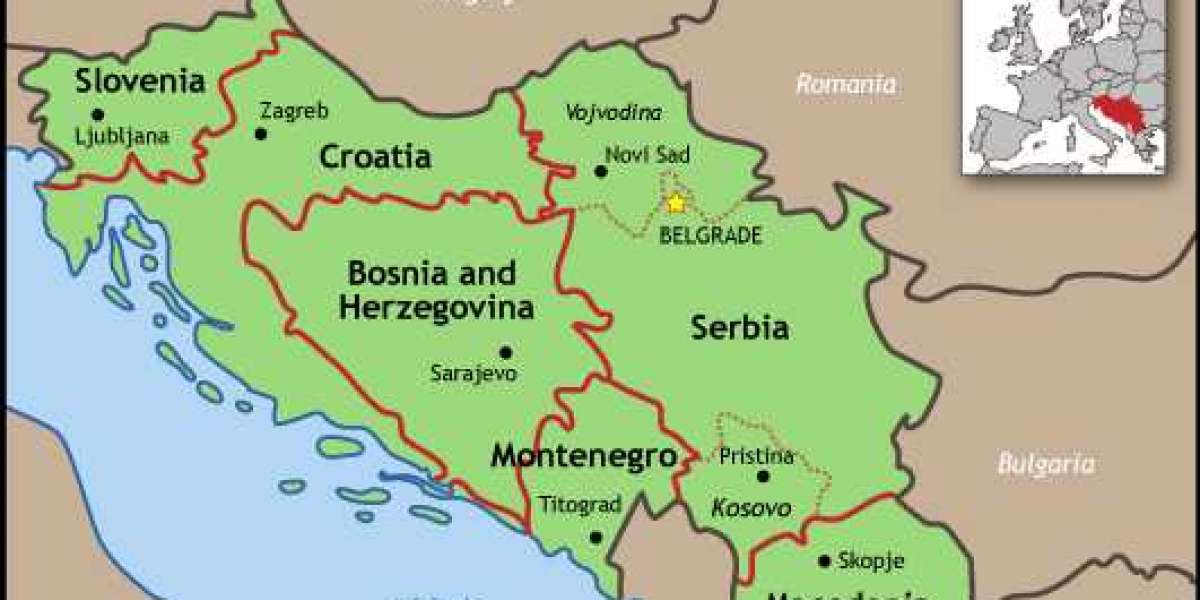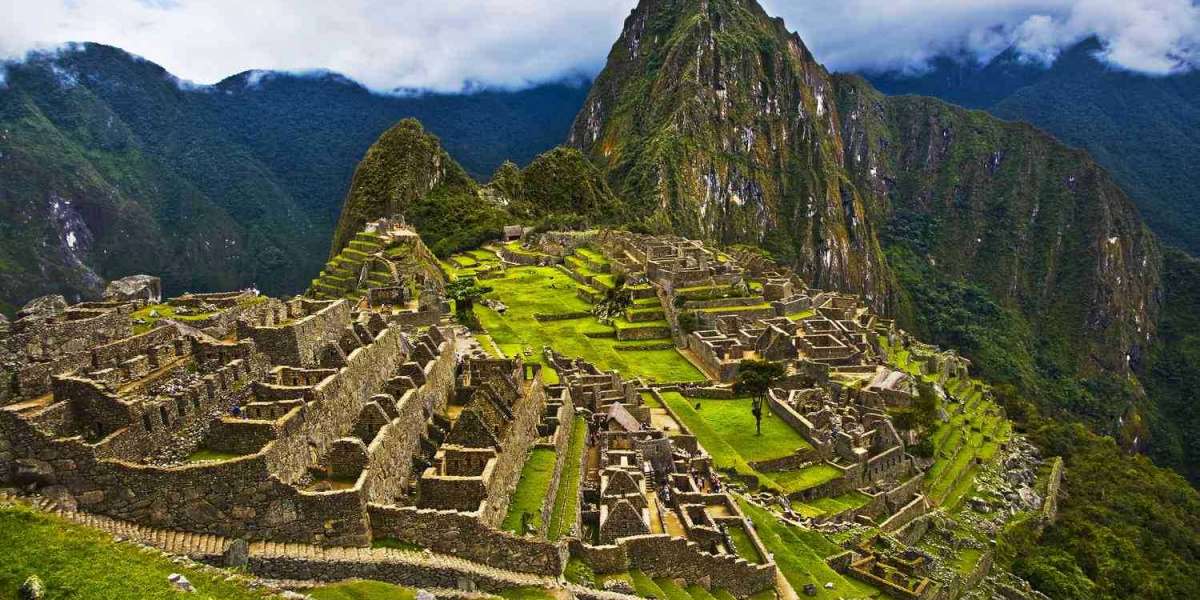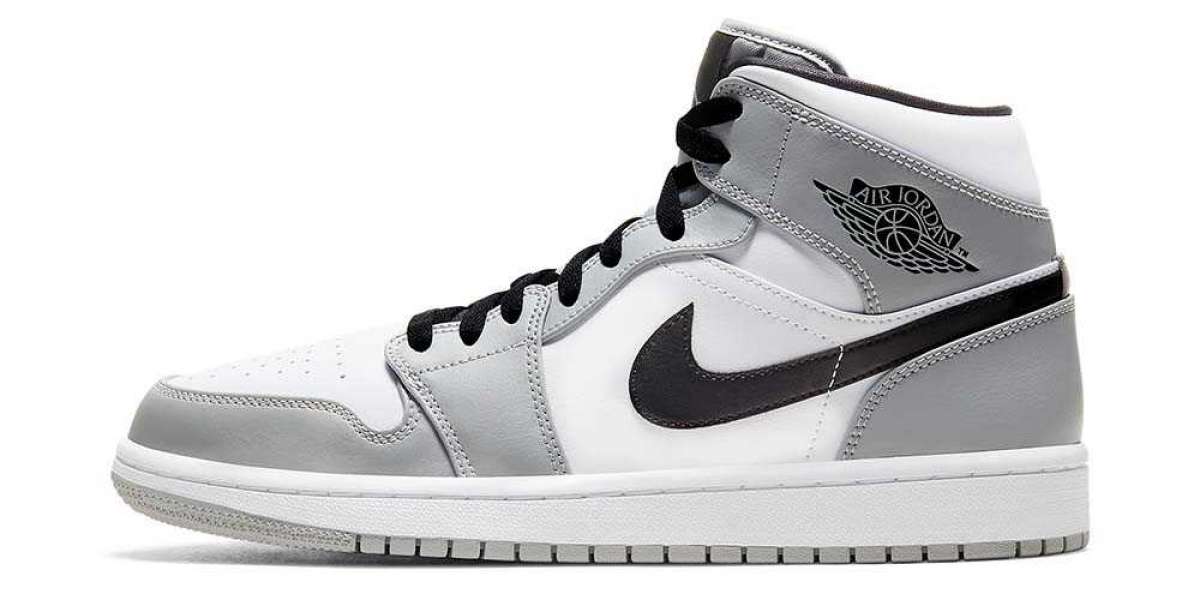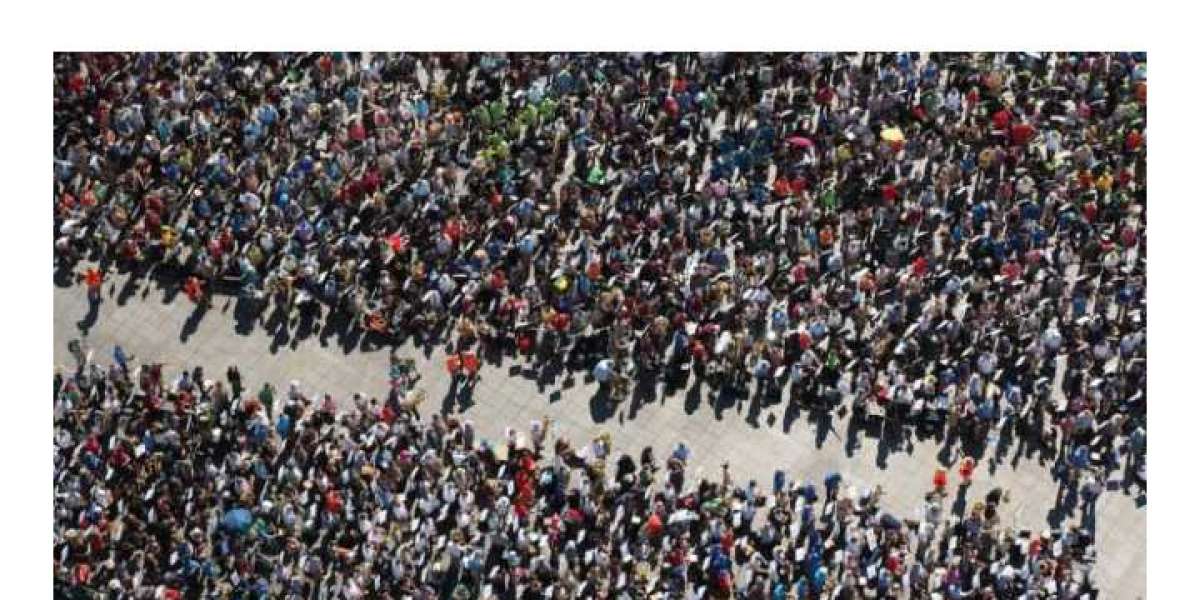The Yugoslav Wars of the 1990s were a series of interconnected conflicts that took place in the former Yugoslavia, a country located in Southeastern Europe. The wars erupted following the breakup of Yugoslavia in the early 1990s and resulted in the deaths of around 140,000 people, as well as the displacement of millions of others. The wars also had a significant impact on the political, economic, and social landscape of the region, and their legacy is still felt today. In this essay, we will explore the complex history behind the Yugoslav Wars, including the factors that contributed to their outbreak, the key events that took place during the conflicts, and their aftermath.
Background:
To understand the Yugoslav Wars, it is necessary to provide some background information about Yugoslavia and the events that led to its breakup. Yugoslavia was formed in 1945 as a federal state comprising six republics: Serbia, Croatia, Slovenia, Bosnia and Herzegovina, Montenegro, and Macedonia. The country was led by the Communist Party and its leader, Josip Broz Tito, until his death in 1980. Under Tito's leadership, Yugoslavia maintained a policy of non-alignment during the Cold War, distancing itself from both the Soviet Union and the United States.
After Tito's death, Yugoslavia experienced political and economic turmoil, with rising nationalism and calls for greater autonomy from the republics. The economic crisis, combined with political instability, eventually led to the collapse of the Communist Party in 1990. In response to the growing calls for independence, the Serbian government, led by Slobodan Milošević, began a campaign to centralize power and increase control over the other republics. This move was viewed with suspicion and hostility by the other republics, particularly Croatia and Slovenia, who saw it as an attempt to impose Serbian hegemony.
The Rise of Nationalism:
Nationalism played a significant role in the events leading up to the Yugoslav Wars. Each of the six republics had its own distinct identity and history, with varying degrees of ethnic and religious diversity. As the Communist Party lost power and Yugoslavia began to break apart, nationalism emerged as a potent force, driving calls for greater autonomy and even independence from the other republics.
In Croatia, nationalism was fueled by a sense of historical grievance against the Serbs, who had dominated Croatia for much of the past centuries. Croatian nationalists also resented the fact that the Serbian language was used as the official language of Yugoslavia. In 1990, the Croatian Democratic Union (HDZ) won the country's first free elections, and the new government began to push for greater autonomy and eventually independence.
In Serbia, nationalism was also on the rise, fueled by a sense of historical grievance against other republics and a desire to maintain Serbia's dominance over the rest of Yugoslavia. Slobodan Milošević, the leader of the Serbian government, was a staunch nationalist who championed the cause of a "Greater Serbia" that would encompass all Serb-populated areas in Yugoslavia.
The Breakup of Yugoslavia:
The breakup of Yugoslavia began in 1991, when Slovenia and Croatia declared their independence from Yugoslavia. The Yugoslav People's Army (JNA), which was dominated by Serbs, attempted to prevent the secession of these two republics by force, but their efforts were unsuccessful. This led to a ten-day war in Slovenia and a full-scale war in Croatia, with the JNA fighting alongside Serbian paramilitary groups against the Croatian military.
The conflict in Croatia was particularly brutal, with widespread atrocities committed by both sides. Serbian paramilitary groups, backed by the Serbian government, engaged in a campaign of ethnic cleansing against Croatians, killing and displacing thousands of people.




Destiny Isaac 3 w
Nice